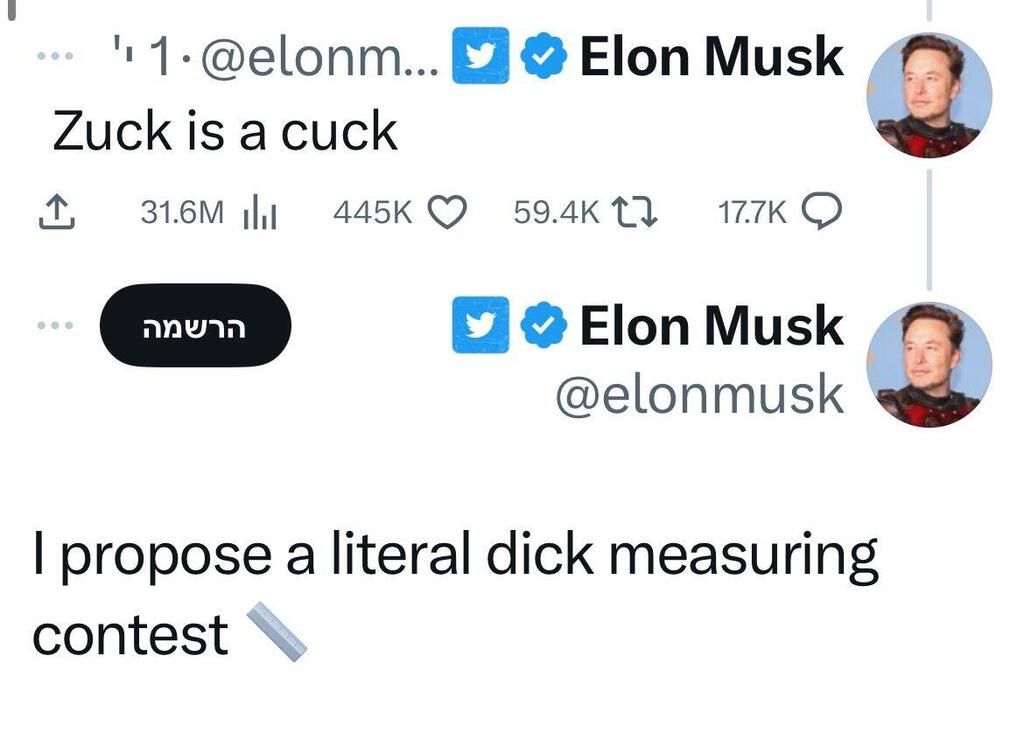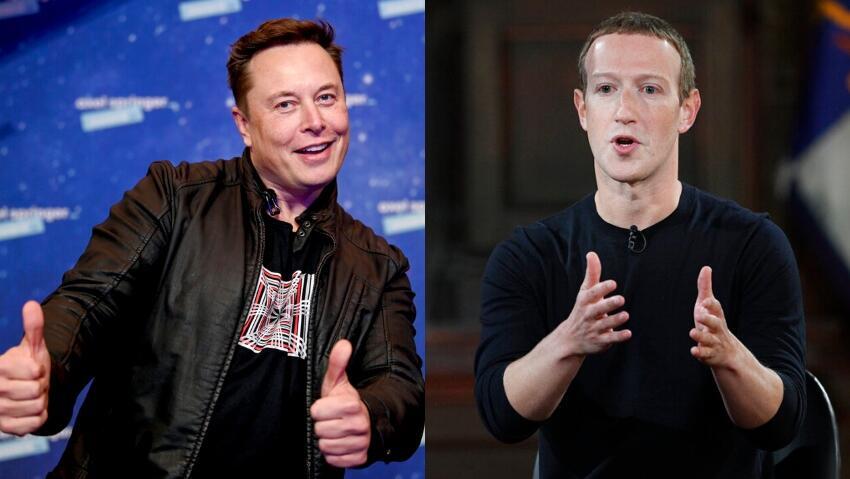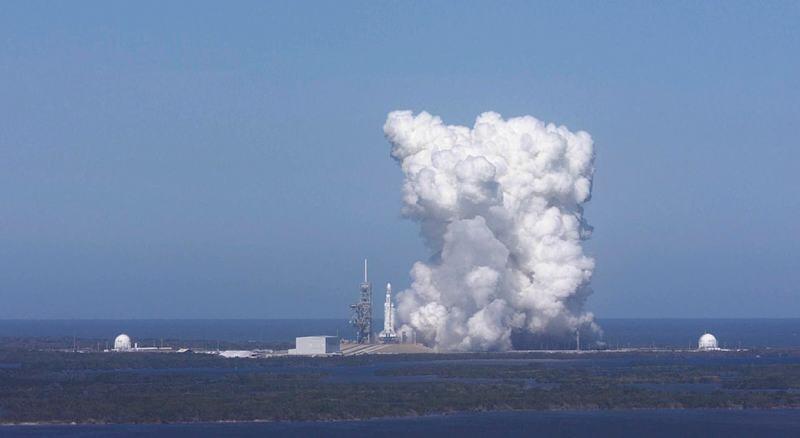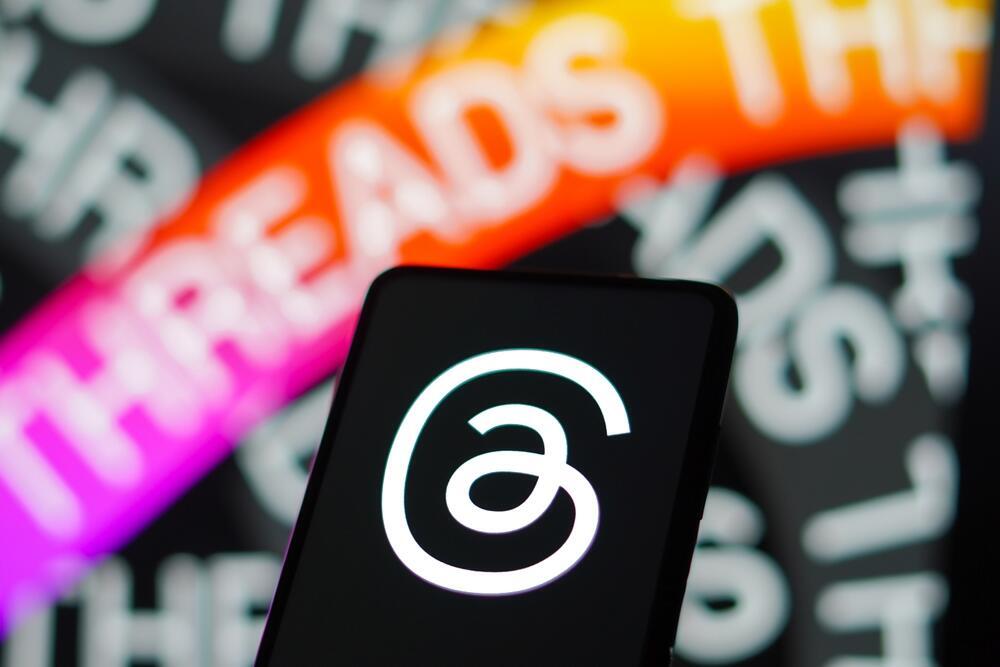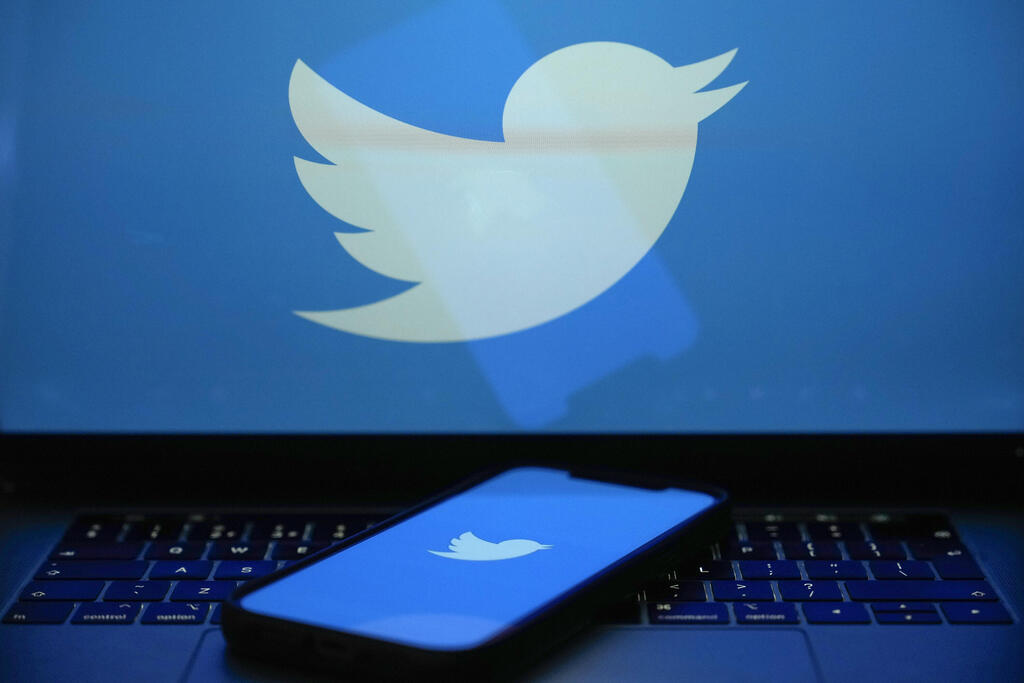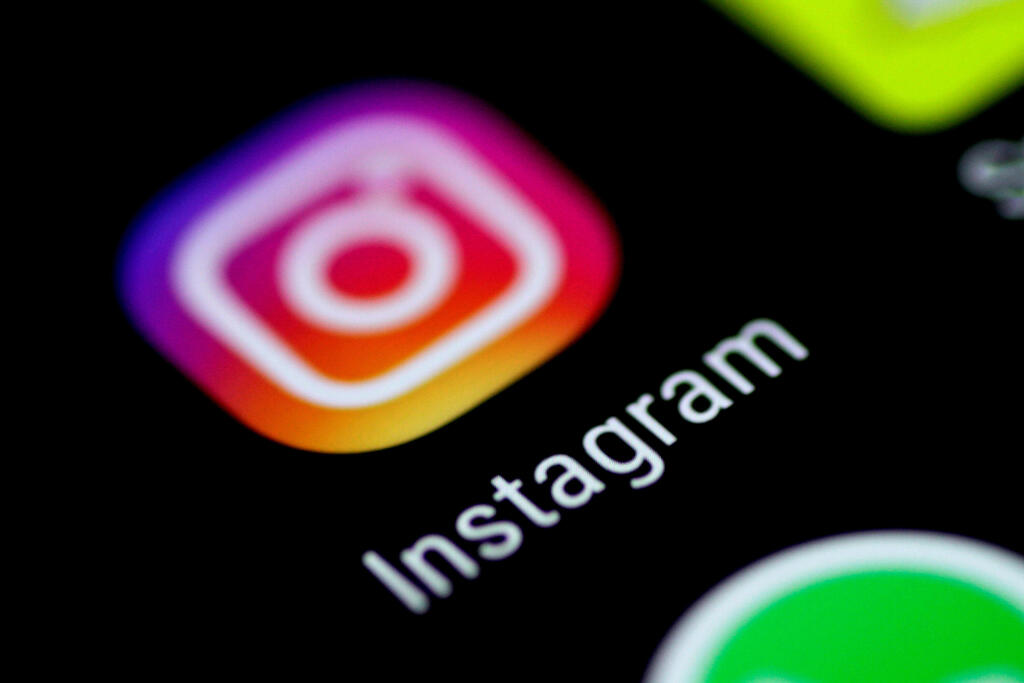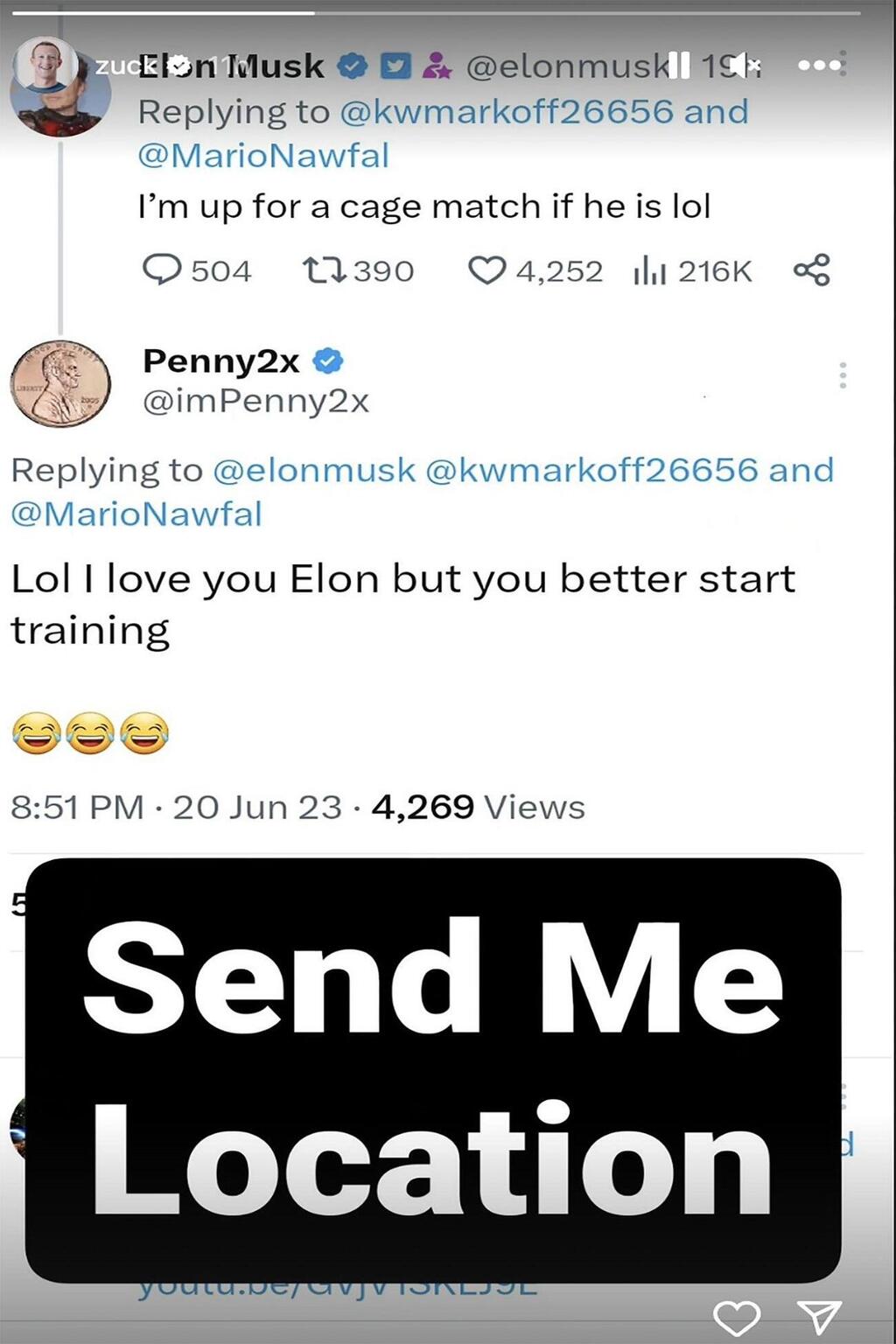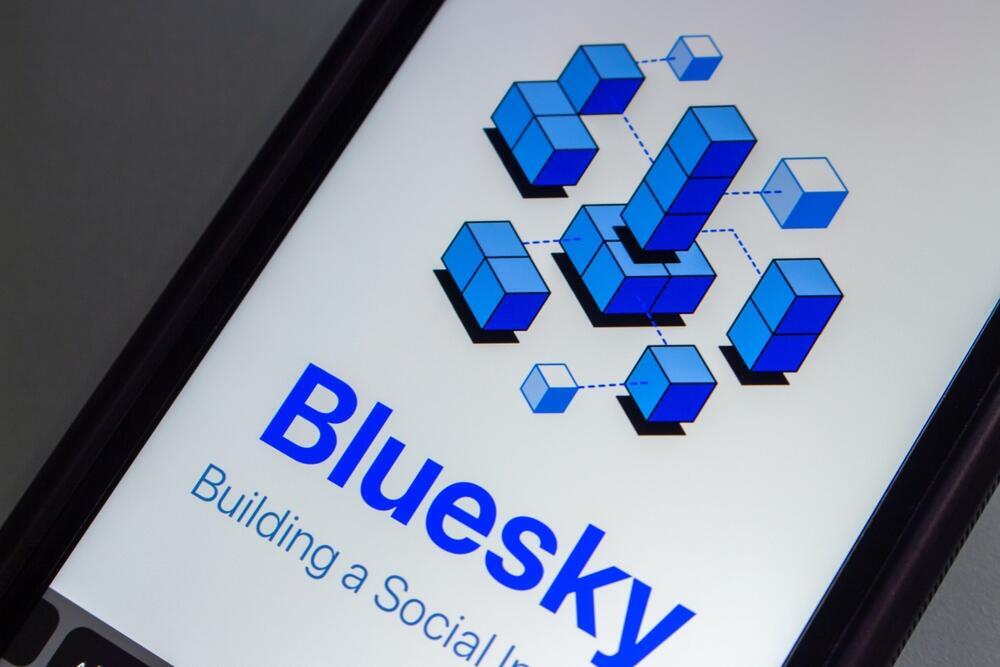Earlier this month, Elon Musk challenged Mark Zuckerberg to an appendage-measuring contest in a Twitter post, following a previous tweet from Musk eight hours earlier, in which he wrote that "Zuck is a cuck" - an American slang term for a weak and submissive man whose partner is unfaithful to him.
Read more:
A few days prior, Musk invited Zuckerberg, who is 13 years his junior and involved in martial arts almost professionally, to a cage match. It may sound like scenes from a playground, but on one side stands the richest man in the world, and on the other side stands the ninth richest man on the list, both managing social media platforms that dramatically impact the lives of billions of people.
Elon Musk's latest tantrum, a 52-year-old man and father of ten, inviting his nemesis to a penis-measuring contest, came after Zuckerberg launched Threads, his response to Twitter.
With a massive user base on Instagram, owned by Zuckerberg, Threads reached 100 million registered users within five days, almost half of Twitter's current user count. With a clear technological advantage and the help of many employees who were laid off from Musk's companies and walked directly into Zuckerberg's arms, the new social network also functions much better than Twitter.
It is still a very rudimentary platform, but unlike Twitter, it doesn't experience frequent crashes and isn't overwhelmed by endless toxic content. It turns out that many people don't want more than that.
Until a year ago, these weren't Zuckerberg's plans. His company, Meta, had so many more users across various platforms that creating a Twitter clone seemed like a waste of money without real profit.
For years, he showed no interest in launching something that now has the moniker "Twitter killer." Everything changed when Elon Musk acquired the popular network for no less than $44 billion and systematically began dismantling what was once a relatively small and losing platform. However, it knew how to be sassy and set political and social trends. Zuckerberg saw an opening, remembered that he really - but really - can't stand Elon Musk, and last week brought down the hammer.
It could have been a mythological tale of a "battle to the death" between two giants, but the truth is, it's mostly a messy story of how two childish and egotistical men took over the new world, amassed so much power and influence, and convinced themselves they were doing it good while setting it on fire.
If we want to pinpoint the day when Elon Musk and Mark Zuckerberg transformed from mere business rivals with inflated egos into arch-enemies, it happened seven years ago in September.
Musk's company, SpaceX, was set to launch a Falcon 9 rocket on a mission for Zuckerberg. The rocket carried the Israeli satellite Amos-6, which was supposed to bring Facebook connectivity to large parts of Africa. However, it exploded on the ground before the launch.
Accidents happen, but Zuckerberg traveled to Africa to celebrate the launch with all the new customers who could now access their personal details, and he took it personally. "I am deeply disappointed to hear about SpaceX's launch failure," he wrote on Facebook, "it destroyed our satellite that would have provided connectivity to so many entrepreneurs and people across the continent."
The explosion cost Zuckerberg $200 million, and Musk, who lost the rocket himself, $62 million. But while Zuckerberg boiled with anger, Musk laughed at the whole event.
Seven years of bitter rivalry have passed since that tense moment for Zuckerberg, a little less so for Musk. A year after the satellite incident, Zuckerberg posted a classic cringe video of himself grilling in his backyard, talking to the camera about the meteoric progress in AI technology.
Musk warned against it loudly, and Zuckerberg, seeing AI as his business future, responded without mentioning Musk by name. "I'm quite optimistic," he said while flipping another steak, "I think the naysayers are trying to concoct doomsday scenarios, and I don't understand why. It's negative and, in some ways, irresponsible."
Musk knew who Zuckerberg was referring to, and Zuckerberg knew Musk wouldn't keep quiet. "I spoke with Mark about it," tweeted Musk, who had been an enthusiastic Twitter user long before acquiring the company, "his understanding of the subject is very limited."
A year later, Musk led a campaign urging users to delete Facebook due to privacy concerns. Musk's flagship companies, SpaceX and Tesla, also abandoned the platform.
Zuckerberg still maintained relative silence, as there was genuinely no reason for him to get involved. "They are two very different people," said the superbiographer Ben Mazric, who is writing a book about Musk's takeover of Twitter, "Elon needs to control the conversation, but Mark always wanted to control the world. He isn't motivated by money or political ideology like Musk. His goal was to have everyone on Facebook all the time. When Musk acquired Twitter, Zuckerberg saw it as an intrusion into his world."
Still, it's not certain that Zuckerberg would have tried to sabotage Twitter if he hadn't seen Musk doing it himself. After all, Twitter's user base was negligible compared to Zuckerberg's platforms, and Twitter's annual revenue at its peak was less than five percent of Meta's sales. Twitter was still considered a network worth being on, something Facebook lost a long time ago, but it didn't bother Zuckerberg much, who hadn't used his Twitter account for 11 years until he made a one-time comeback to announce the rise of Threads.
"I don't think Mark would have launched Threads if Elon hadn't taken a hit on Twitter," said Mazric, "Elon pushed away celebrities, journalists and the things that made Twitter excellent, and now it looks like there's an opening for taking Twitter's place."
Musk himself created that opening when he transformed a company he paid $44 billion for into one worth only $15 billion. He has always been a troll of the Donald Trump type, but now it's his private company, and for nine months, he's been tearing it apart.
Musk has always felt like an outsider in Silicon Valley. He comes from South Africa, had a tough childhood, got into street fights and even fought with his father when he mistreated his mother. He resented the fact that Zuckerberg made so much money from a single software creation while he risked his private fortune on electric cars and rockets.
Much bitterness accumulated in Musk before he became richer than Zuckerberg, Jeff Bezos, and Bill Gates, but it never subsided. "Zuckerberg is systematic, likable, and robotic. He's a self-controlled man, whereas Elon is a madman talking about flamethrowers and staying up all night and not holding his tongue," said Nick Bilton, author of "Hatching Twitter," about the creation of Twitter, to The New York Post, "These are two very different people who won't get along, regardless of any business rivalry, and now they have a business animosity. Elon is larger than life. Zuckerberg is not. They don't like each other, and right now, they're at war."
For years, Elon Musk was a cultural hero, a visionary figure sacrificing his personal wealth to bring electric cars to the world and enable space travel. Technology writers compared him to Iron Man, a technological genius coming straight out of Hollywood movies, cracking jokes about drugs and sex on Twitter.
In 2021, he was chosen as TIME's Person of the Year, Tesla's value reached a trillion dollars, SpaceX outperformed Jeff Bezos' Blue Origin, and secured a contract with NASA for space missions.
Then, seemingly without any reasonable cause other than unchecked ego and deep personal grudges against societal changes in the Western world, Musk decided to buy Twitter at an entirely inflated price and turned from Iron Man into a joker. He took it private again, eliminated all its best features, fired its leadership and thousands of employees, only to later ask dozens of them to return. Suddenly, the stories about utter chaos in the management of his other companies turned out not to be mere coincidences.
Even worse, Musk opened the gates of Twitter's hell. He tweeted links to conspiracy theories, eliminated the unique features that tried to combat the fake news and make the platform more reliable, completely annihilated the effect of accountability the platform once had, and turned Twitter into a haven for neo-Nazis, antisemites, misogynists and homophobes.
He utterly failed to understand what the people who transformed Twitter into what it was wanted, to the point where even technology writers who idolized him began to question if he was indeed the genius they thought he was or just someone who had two good deals in the past.
He still didn't get it even after what happened during comedian Dave Chapelle's performance in San Francisco. Chapelle, a transphobic ally, brought "the richest man in the world" on stage and asked the audience to make some noise for him. They did, but it wasn't the kind of noise Musk expected, certainly not in Silicon Valley. The boos deafened his ears. "First time that's happened to me," tweeted Musk, only to delete the tweet quickly.
Musk didn't grasp what was happening even when he saw the emergence of more and more similar social media platforms. While none of them had Twitter's user base or global recognition, a growing number of people realized the need for an alternative to the blue bird.
"Twitter was a company that made five billion dollars in profit last year and was not in crisis. Musk entered and started the crisis," explained technology journalist Casey Newton. In the nine months since he bought Twitter, Musk became the first person ever to lose $200 billion in personal wealth (including a 65% drop in Tesla stock in 2022), and now he's cutting costs on toilet paper in Twitter's offices.
Zuckerberg saw all this and understood that his moment of revenge had come for the Falcon 9 explosion seven years ago. "Mark Zuckerberg is a silent killer," said Hilton, "he sees an opportunity and strikes." In this case, he also saw an opportunity to reclaim his former position, long ago when he became the youngest billionaire in history, TIME's Person of the Year at 26, the intriguing prodigy who continued to wear hoodies and flip-flops and held a business card that read "I'm CEO, Bitch."
All of this culminated around 2016. Snapchat, and later TikTok, attracted the youth, Facebook became a place for boomers, and Twitter filled up with memes portraying Zuckerberg as a half-robot, half-strange human. But the real damage to Zuckerberg was self-inflicted. Facebook started hoovering up personal data of hundreds of millions of users worldwide, he was summoned to testify before Congress, and it turned out that his platforms were causing severe harm, especially to young girls.
There were also data leaks of Facebook users to Cambridge Analytica, and Facebook's slow and barely existent response to Russian interference in elections through posts on the platform.
All of this was compounded by the failure of the Metaverse, Zuckerberg's colossal future project. He invested $36 billion (so far) into building a virtual world that turned out to be undesirable for anyone to live in. Last November, Meta laid off thousands of employees after its user base shrank for the first time, and ad revenues plummeted due to changes in iPhone privacy policies by Apple.
"Almost every day you wake up and get punched in the gut," said Zuckerberg last year in a rare moment of public vulnerability. But then Elon Musk decided to buy Twitter, and the shareholders abandoned Zuck. 2023 has been somewhat better. In April, Metaverse reported its first revenue increase in almost a year, and the stock rebounded from the lows of 2022. Nevertheless, Zuckerberg knew he needed something big, something that would resonate worldwide, and Elon Musk handed it to him on a silver platter.
One trend that was evident among new sign-ups to Threads was how most of them were tired from Twitter's chaos that they decided to ignore the privacy concerns that come with any of Zuckerberg's ventures. People who swore their keyboards would never touch a product of Mark Zuckerberg were the first to sign up.
"It's the best public image moment for Zuck in a long time," wrote on Threads Eric Newcomer, a popular startup newsletter author. "Elon set the bar so low that all Metaverse needed to say was, 'Come to a nice place,' and it made them look like saints."
Zuckerberg's ultimate goal, one can assume, is to dismantle Twitter. There will come a moment when Threads' algorithm will do exactly what Facebook's does, but until then, Zuckerberg walks around with a smile that hasn't been seen on his face in many years, neither in the real universe nor the virtual one.
In the early 1990s, Herb Kelleher, the co-founder of Southwest Airlines, engaged in a hand-wrestling settlement with someone in Dallas. Later, it was revealed that the results were pre-determined, but the myth of bored billionaires wrestling with testosterone still persists. Steve Jobs and Bill Gates traded jabs all the time, and there was even a yacht race between Larry Ellison from Oracle and Larry Ellison from SAP.
Last month, Musk proposed a cage match against Zuckerberg, who immediately responded with "Send Me Location." It might sound like a joke, but with Musk and Zuckerberg, reality is stranger than fiction. Musk has already started training with mixed martial arts professionals, and Zuckerberg is winning Jiu-Jitsu matches.
"Musk won't calm down from all the things he's done to Twitter," said Hilton, "he'll just intensify it. It's like he has a self-destruct button. If there's such a cage match, Mark will take it seriously, eat raw eggs, train seven days a week and beat the shit out of Elon."
One consolation in the heated battle between Elon Musk and Mark Zuckerberg on calm and warm waters is that it seems to mark the end of the decade-long adulation for the myth of the "tech CEO genius" of social media.
Zuckerberg's Facebook reached one billion users in 2012, and that same year, it acquired Instagram for a staggering one billion dollars when it had only 13 employees.
Twitter, founded by Jack Dorsey, a bit of a Buddhist and a lot of a capitalist, was a much smaller platform, but celebrities, politicians, journalists, and various other influencers fell in love with the blue bird. Activists found a space to organize activities, from the Arab Spring to Black Lives Matter and #MeToo, and Twitter was the place to be, especially during major news events.
All the founders of these apps - white men who came from well-established backgrounds - became rockstar-like figures who proved, at least in their perception, that one can both get rich and do good for the world.
A decade later, the Silicon Valley Bros are reviled much like Wall Street bankers, and none of these platforms even pretend to do good for the world. Social media has become almost solely a tool for marketing and advertising based on users' personal preferences. It is responsible for spreading disinformation, hate, fake news and violence in the global discourse. At least now, the illusions have faded.
"It is difficult for us to let go of the mythology surrounding the media mogul, the lone wolf working in a garage challenging the establishment," wrote Rachel Dodds in Esquire, "because it is ingrained with the mythology of America itself. It allows us to believe that great wealth somehow implies great intelligence. Giving up on this idea means admitting that the world is not the capitalist meritocracy of our dreams but rather a random, cruel, and unfair place. To dispel the myth of technological genius is to recognize that the people behind the apps we engage with on a daily basis don't have some grand plan. They are just like us, fumbling in the dark for answers and paying less in taxes than we do."
Like a frenzied bird: Three Twitter alternatives
The most recent network on the list is the greatest threat to Twitter. The app by Meta (Facebook) gained 100 million users within a week thanks to its link to Instagram. At the moment, you can find fewer heated discussions about the reasonableness standard there, but there are many posts from local celebrities like Ruslana Rodina ("I arrived on Friday, boom, suddenly it's Saturday") and Static ("I feel like karaoke. But Disney songs").
Bluesky is a decentralized social network - meaning it is not exclusively controlled by a single entity - and looks and feels the closest to Twitter. Perhaps because one of its major supporters is Jack Dorsey, the former owner of the blue bird. At this stage, you can only join Bluesky if you have received an invitation. The only prominent Israeli there is Amir Shevat, who was a senior figure at Twitter and was fired after Musk's purchase. He also mostly writes in English.
Mastodon for a moment and a half in 2022 seemed like the app that the masses would flock to after Musk's Twitter fiasco. It is also decentralized and based on open-source code. Unlike other networks, it doesn't have a single information feed, but it is divided into several sections, each managed by a user or group of users. Mastodon was established by a non-profit organization and runs no ads.



